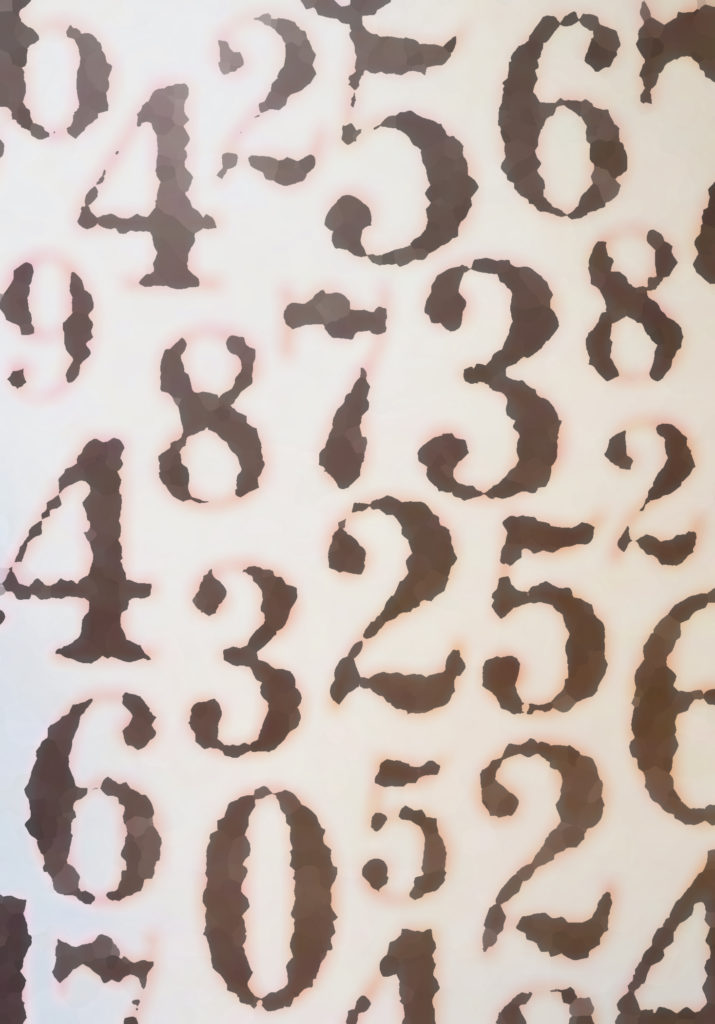Whenever I have a birthday or when family and friends have birthdays, I like to figure out what kind of number the new age will be. Is it a perfect number, abundant, deficient, perfect square, or prime? I learned of this from a math professor. She commented that her mother was depressed about turning 64, but she had pointed out what a great number 64 is! My ears perked up. There’s the Beatles song, “When I’m 64,†very fun, of course. “Will you still need me, will you still feed me, when I’m 64?†But that was my only thought at the time.
She elaborated on the fact that although 64 is a deficient number, it is a perfect square (8 x 8). Thus, as she had told her mother, it was a very cool number and could portend wonderful things. I suppose I probably had learned such things about numbers from high school math, or at least college algebra. Or maybe we didn’t learn fun things about numbers in those classes. In fact, I’m pretty sure we didn’t. Anyway, I was excited to learn about this later in life, particularly with respect to birthdays (which I love) and age (which I don’t mind).
An abundant number is one whose distinct factors add up to more than the number itself. Seventy (my current age) has the distinct factors of 1, 2, 5, 7, 10, 14, and 35 (you don’t count the number 70 itself). Add these up and you get 74. Thus, 70 is an abundant number. Yay! Anyone can readily see that this means 70 will be an abundant year.
A prime number cannot be divided by anything. Thus, it also is very exciting and probably magical. You will have a prime year when you are, for example, 59 or 19. According to the Merriam Webster Dictionary, “prime” refers to spring; youth; the most active, thriving, or satisfying stage or period; the best or chief part; original; not derived from anything else. Wonderful! Certainly we all want to have prime years, and certainly we all will. Oliver Sacks tells, in The Man Who Mistook His Wife for a Hat, of twin autistic savants who took great satisfaction from going through the files of prime numbers in their brains and discovering new ones, as well.
Then there are perfect numbers. Their distinct factors equal the number itself. Six, for example, is the sum of its factors–1, 2 and 3. There are only four of those–6, 28, 496 and 8128. Sadly, if you’re past 28, you won’t have a perfect age ever again. But think back fondly to 28. We can tell ourselves that it was just about perfect.
A deficient number, such as 32, has distinct factors that add up to less than the number itself. The factors of 32 are 1, 2, 4, 8, and 16. This only adds up to 31. Poopoo. Whenever I do have a birthday and age with a deficient number that is not a prime or a perfect square, I just figure, who cares about this crazy idea? This is so childish. It’s ridiculous! It can’t possibly mean anything.
And then I just wait for the next birthday.
“It’s like asking why is Ludwig van Beethoven’s Ninth Symphony beautiful. If you don’t see why, someone can’t tell you. I know numbers are beautiful. If they aren’t beautiful, nothing is.†― Paul Erdos
“What music is to the heart, mathematics is to the mind.†– Amit Kalantri, Wealth of Words
If you’re looking for my cards or art, you’ll find all of that on my website. And if you enjoy these letters, feel free to forward this one to anyone you think might like it. Finally, you’ll find past letters and poems here.
Thanks for listening,
Kay
P.S. MerryThoughts is the name of my first book, out of print at the moment. The word is a British one, referring both to a wishbone and to the ritual of breaking the wishbone with the intention of either having a wish granted or being the one who marries first, thus the “merry thoughts.”



